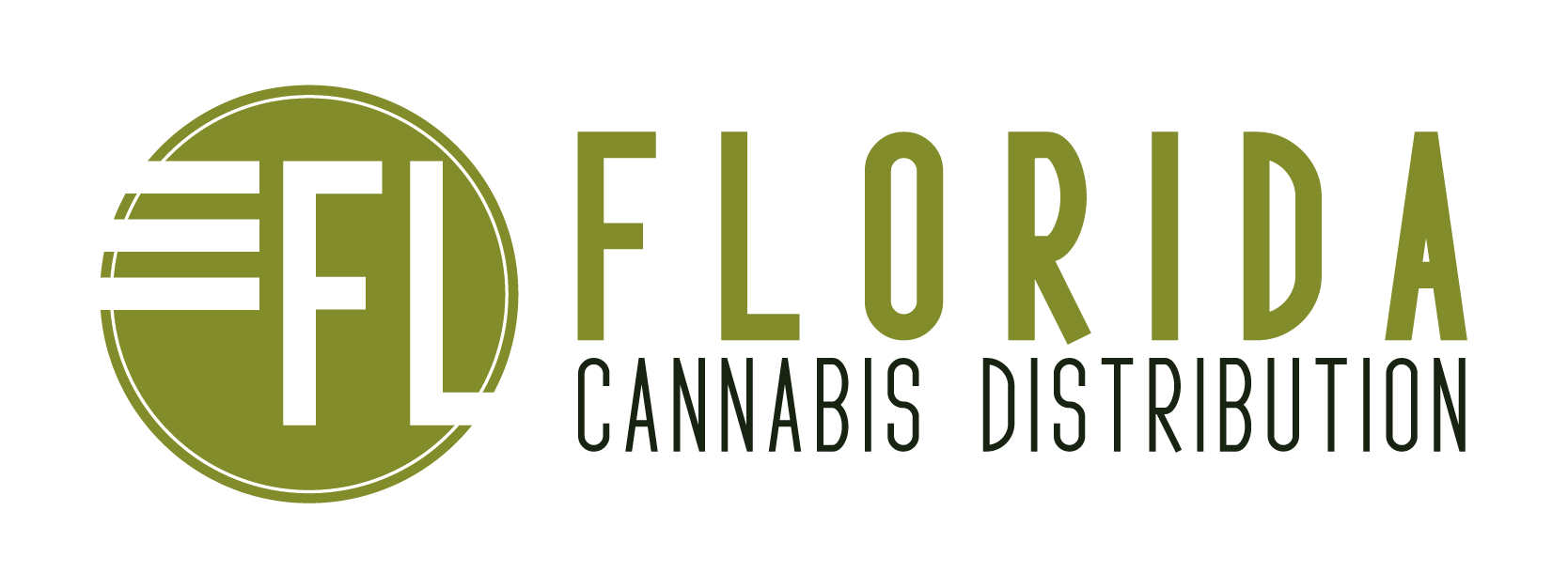Secure storage technology refers to a suite of physical and digital measures designed to protect high-value assets—in this context, cannabis products—throughout the supply chain. It typically includes reinforced vaults or safes, high-security doors and locks, tamper-evident packaging, and sophisticated surveillance. These systems function together to prevent theft, diversion, unauthorized access, and product degradation.
Vaults and safes are the backbone of secure storage. Vaults are often reinforced with security mesh in the walls and ceilings, similar to government-grade facilities, and secured with commercial-grade locks. Safes may suffice for smaller operators, but vaults offer higher capacity and superior resistance to forced entry.
High-security doors and locks are also widely used—non-residential grade, automatically locking, and tailored to controlled-access areas like grow rooms, processing space, and transportation vehicles.
Tamper-evident packaging, such as security tapes, void labels, and humidity-control packets, ensures product integrity from cultivation to point of sale. Brands like Boveda offer humidity control that preserves product quality during storage and transit.
Electronic access control systems—badge readers, electronic strikes, alarms, and automated barriers—limit entry to authorized personnel only. Cloud-hosted access logs enable remote review and real-time control of secure zones.
Video surveillance and alarm systems are required in all controlled areas, with continuous 24/7 recording retained for at least 45 days, date/time-stamped, and covering entrances/exits as well as storage and processing rooms. Modern systems often include remote monitoring and AI analytics to flag anomalies.
Seed-to-sale tracking is a digital layer of security, often enabled by RFID or blockchain systems. These ensure every gram is traced from cultivation to the sale, helping prevent diversion and counterfeits.
Is Florida Using Secure Storage Technology?
Yes — Florida’s Medical Marijuana Treatment Centers (MMTCs) are required by state regulations to implement many of these secure storage technologies. Under Florida law, licensed facilities must:
- Store cannabis in a locked room or vault under continuous surveillance.
- Have access-controlled, alarm-secured entrances with motion detectors, panic buttons, and perimeter security.
- Digitally monitor all access points with electronic logs and badge systems.
- Retain video footage for at least 45 days.
- Segregate batches by licensee, store products indoors, and label each batch clearly.
Security vendors in Florida offer compliant solutions tailored to MMTC needs—from vault design to cloud-based surveillance and integrated alarms.
Moreover, Florida’s vertical integration requirement means MMTCs control cultivation, processing, transport, and retail. That amplifies the need for secure storage at multiple touchpoints—each requiring physical safeguards, tamper-proof packaging, and robust digital traceability.

